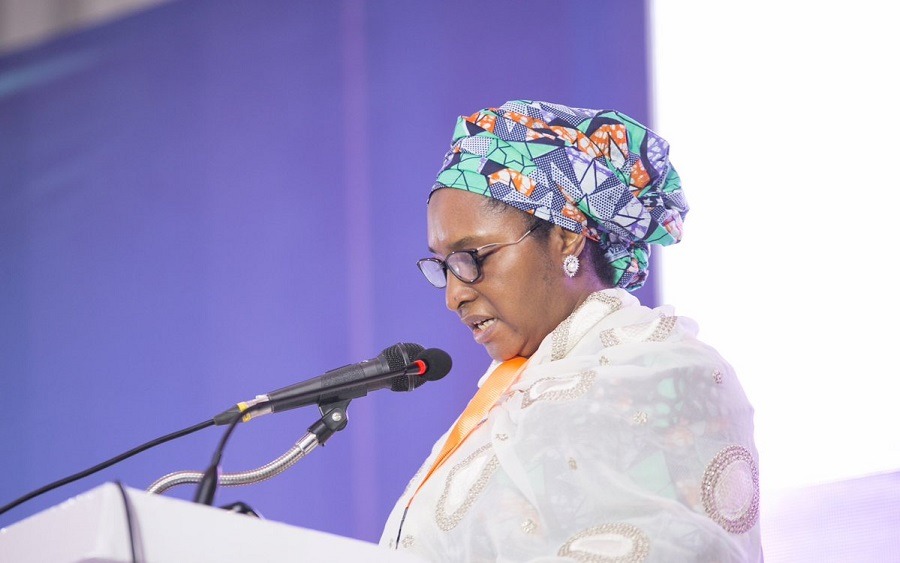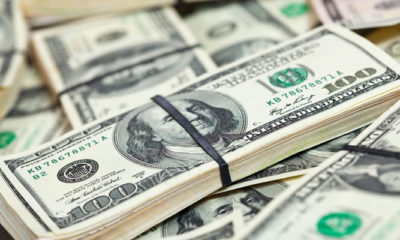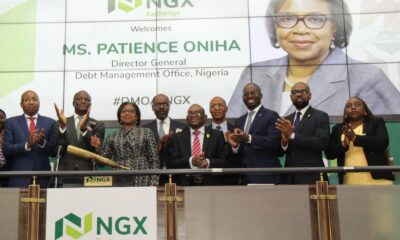National Debt Will Rise to N38 Trillion by December 2021
The Minister of Finance, Budget and National Planning, Mrs Zainab Ahmed, on Tuesday said the nation’s total public debt will rise to N38 trillion by December 2021.
Ahmed made the statement while presenting to the Senate Committee on Local and Foreign Debts on Tuesday in Abuja.
The minister said Nigeria’s total debt stood at N31.01 trillion or $85.90 billion as of June 30, 2020.
She, however, said the amount is expected to hit N32.51 trillion by December 31, 2020 and N38.68 trillion by December 31, 2021 given existing approvals.
Ahmed said, “The total public debt stock comprising the external and home debts of the federal and state governments and the Federal Capital Territory stood at N31.01tn ($85.90bn) as of June 30, 2020.
“It is projected, based on existing approval, to rise to N32.51tn by December 31, 2020 and N38.68tn by December 31, 2021.”
This means Nigeria plans to borrow N6.17 trillion in 2021.
Speaking on while the number of abandoned road projects continues to rise across the nation, she said attributed the situation to poor funds releases caused by falling revenue.
She explained the present N162 billion Sukuk fund is for 45 roads across the six geopolitical zones.
She said, “I am one person that feels that we should just take one major road in one geopolitical zone and finish it.
“We were not able to do that because of the processes in which appropriation is made both at the executive as well as the legislative arms of government.
“But truly, if we are able to just take one or two projects at a time and complete it before going to the next one, it will be better.
“What the contractor does is the bit that has been cut out for him to do in that particular area.
“Once the fund is released and it is finished, we stop again. That’s the consequence of these numerous projects that we put in the budget.
“It is not related to Sukuk-funded projects alone; it cuts across all the projects.
“You will see a road that costs, may be, N5bn, and you will see a provision for N100m, N200m or N300m.
“Of course, the project will never finish. After two years, the contractor comes back and asks for variation, and the amount keeps growing.
“I wish that we get to a point when we sit down as government and agree that, let us select a few projects, finish them in 2020, and then in 2021, we select the next.
“So that on a geopolitical basis, those selections are done as a collective process.”

 Forex3 weeks ago
Forex3 weeks ago


 Naira2 weeks ago
Naira2 weeks ago
 Billionaire Watch2 weeks ago
Billionaire Watch2 weeks ago




 Naira2 weeks ago
Naira2 weeks ago




 Naira2 weeks ago
Naira2 weeks ago




 Naira1 week ago
Naira1 week ago




 Naira4 weeks ago
Naira4 weeks ago




 Naira3 weeks ago
Naira3 weeks ago






















